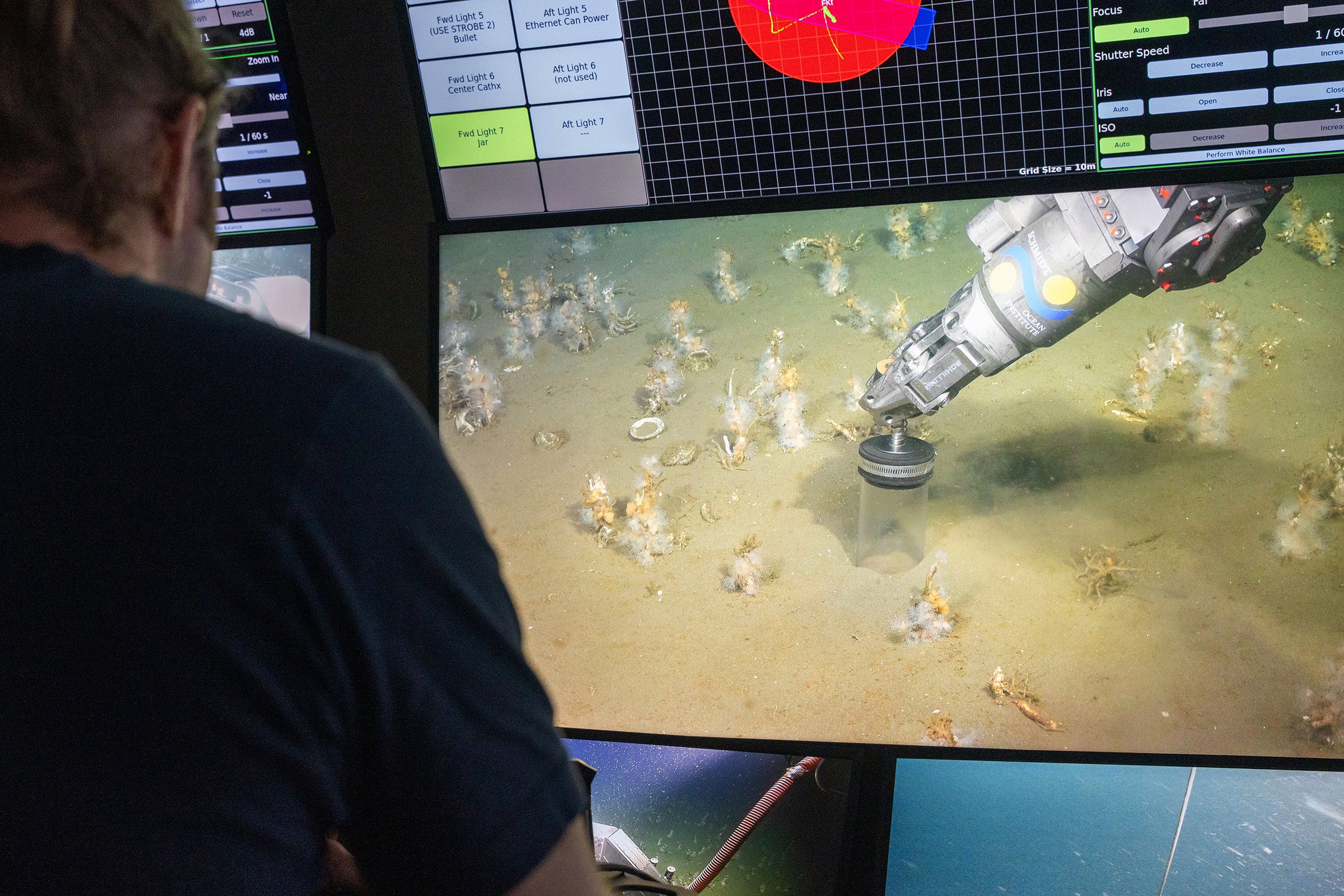Two Postdocs Receive Fellowships to Study Extrasolar Planets
Brianna Lacy and Yifan Zhou have received a fellowship that will give them the support to conduct research on exoplanets.

Two UT Austin postdoctoral scientists, Brianna Lacy and Yifan Zhou, have received the 51 Pegasi b Fellowship from the Heising-Simons Foundation, which will provide them with support for research focused on planets that orbit a star outside our solar system, known as exoplanets. Zhou is supervised by Brendan Bowler, an assistant professor of astronomy, and Lacy will be supervised by Caroline Morley, also an assistant professor of astronomy.
The fellowship will provide eight scientists from around the nation with up to $375,000 of support for independent research over three years, the time and space to establish distinction and leadership in the field, mentorship by an established UT Austin faculty member, and an annual summit to develop professional networks, exchange information and ideas, and foster collaboration, according to the foundation's press release.
In his fellowship, Zhou, who is currently a Harlan J. Smith McDonald Observatory Postdoctoral Fellow, will measure the growth of a young, giant exoplanet as it gains mass over multiple timescales. Zhou said he first became interested in this field while in college, when he saw an exoplanet in an image from the Hubble Space Telescope.
"Processing a high-resolution image from the Hubble Space Telescope and seeing a planet pop up on my computer screen was a moment I didn't expect," Zhou said. "The science this 30-year-old telescope can enable inspires my work every day."
Zhou hopes to use images from Hubble and the soon-to-be-launched James Webb Space Telescope (JWST) to expand his methodology and contribute to the understanding of the formation and cloud behavior of giant planets.
"The James Webb Space Telescope will supercharge the type of work I do by providing more detail at each step of a planet's evolutionary history," Zhou said.
Brianna Lacy hopes to assist the field by developing techniques to process the flood of new information expected to come from new space telescopes, like the JWST.
"I really appreciate the community aspect of astronomy," Lacy said. "Instead of a lone genius trying to figure out the whole story, it's a special collaboration where everyone puts their brains together to solve exciting problems."
During her fellowship, Lacy will address the limitations of using one-dimensional models to analyze three-dimensional planets to improve the field's understanding of exoplanet atmospheres. She will perform studies exploring the impact of a variety of clouds and hazes on exoplanet atmosphere observations.
"Ensuring observational data receives the correct interpretation is the crux of my research," Lacy said. "As we perfect our exoplanet models, we must also determine what questions are answerable with the assumptions we have in place."



